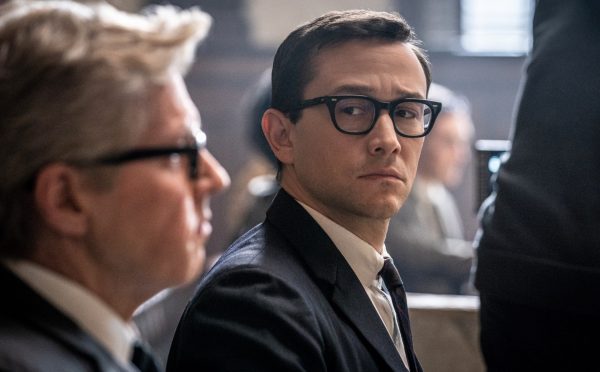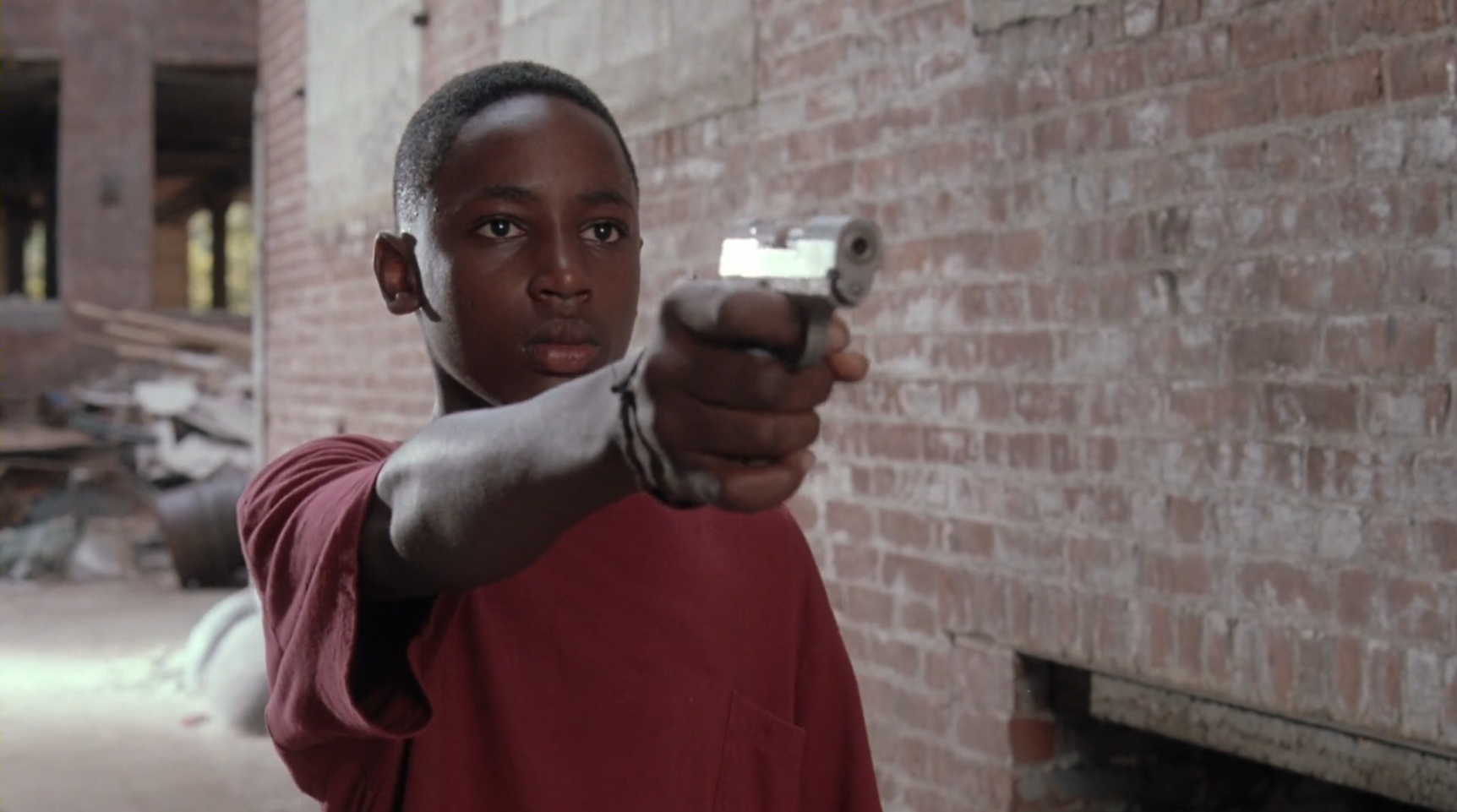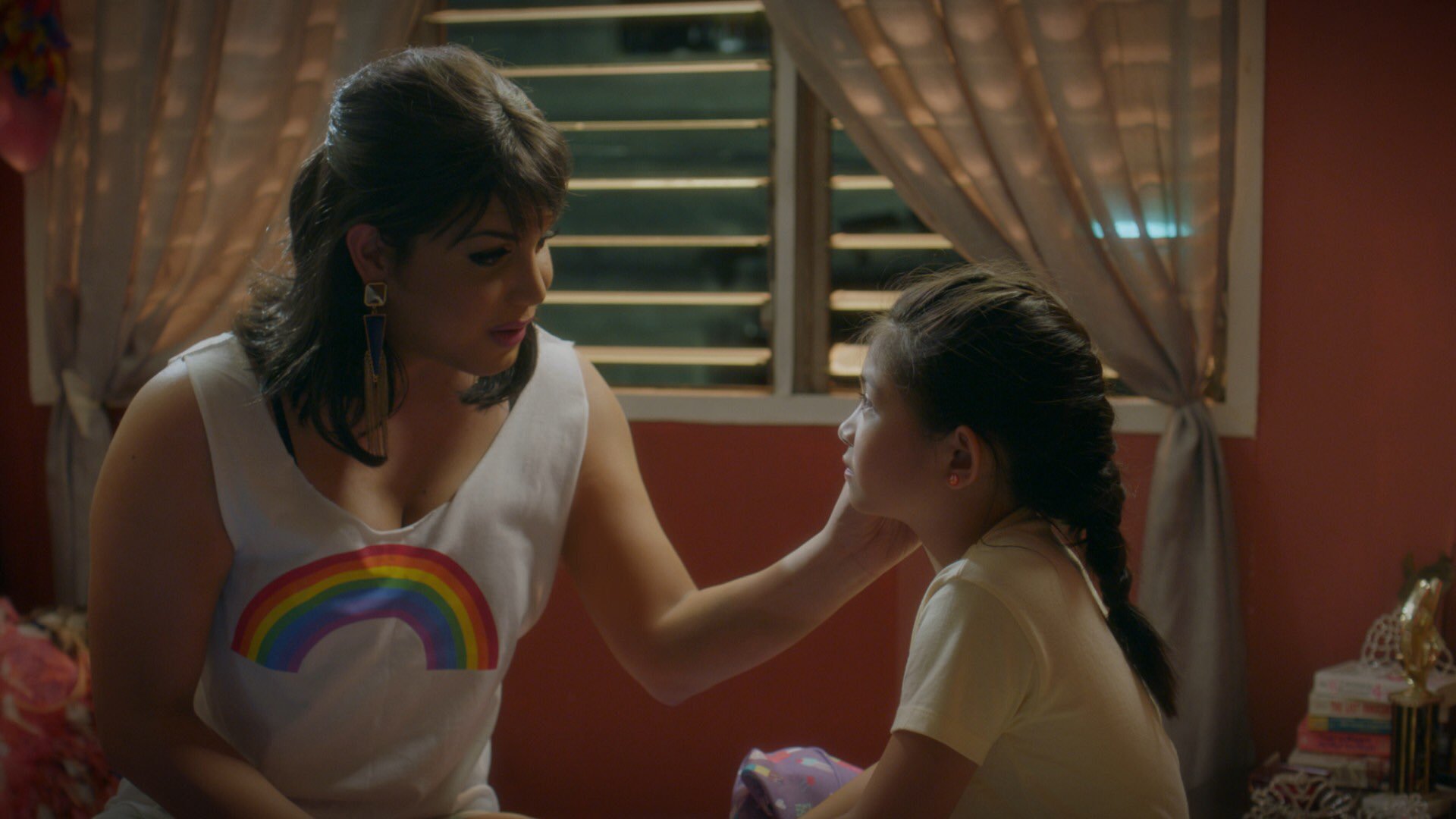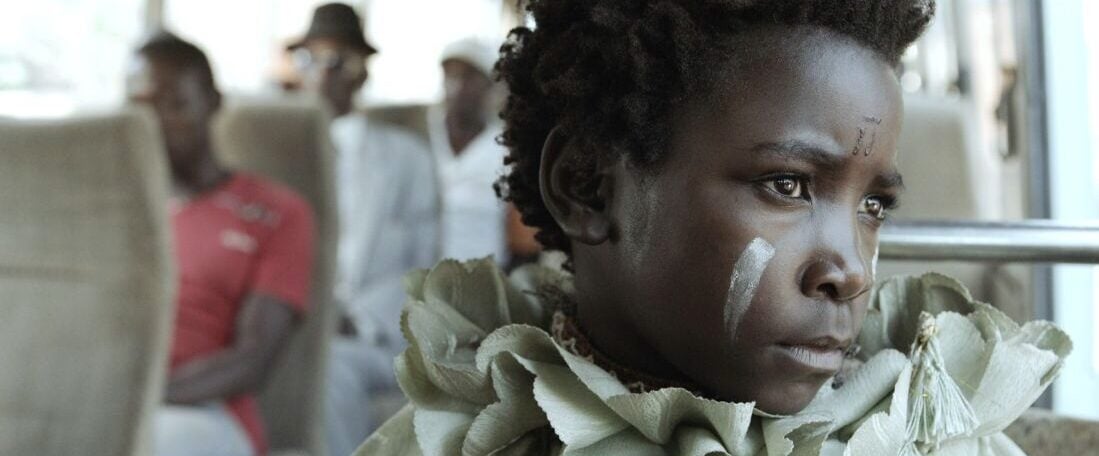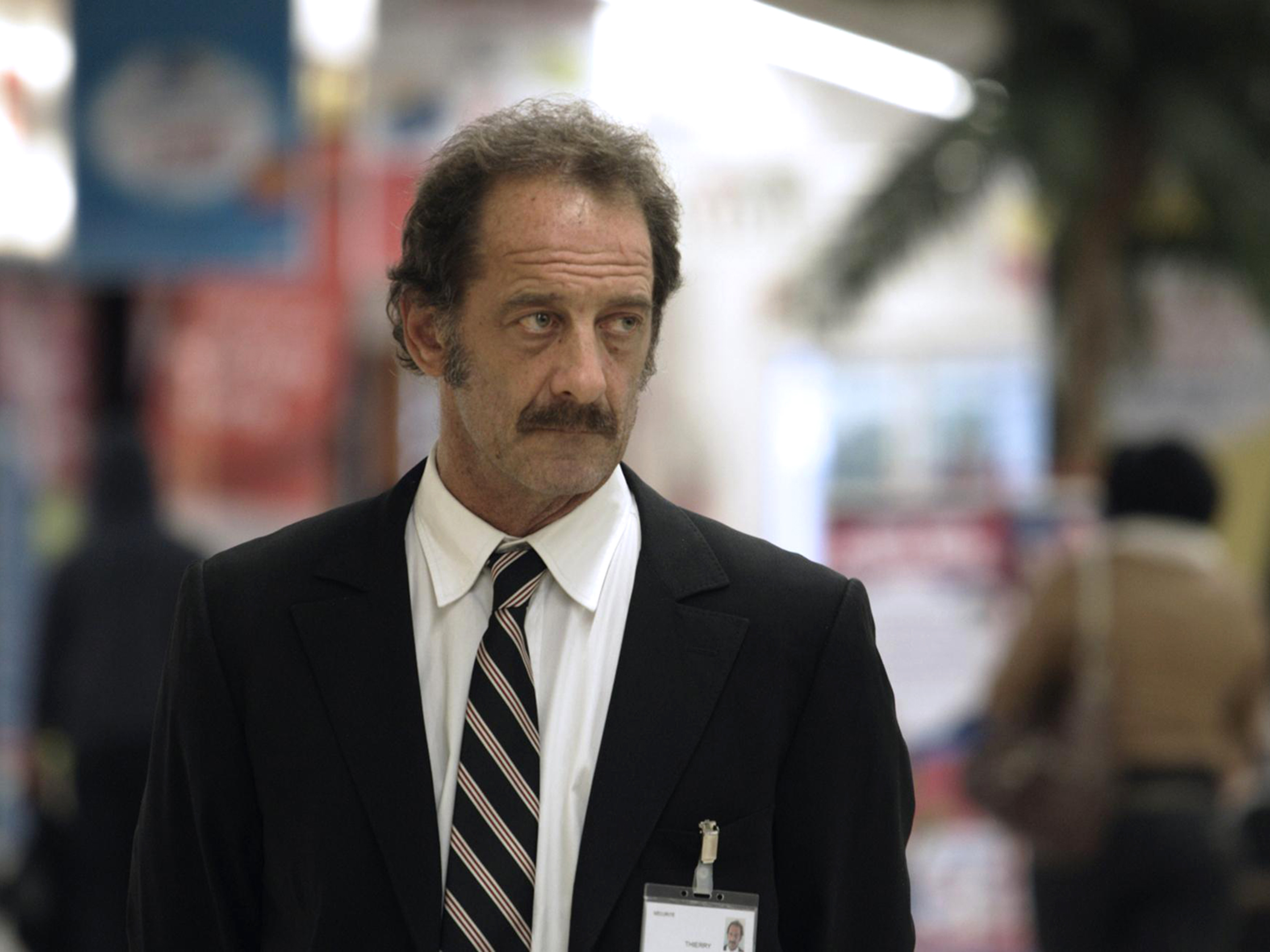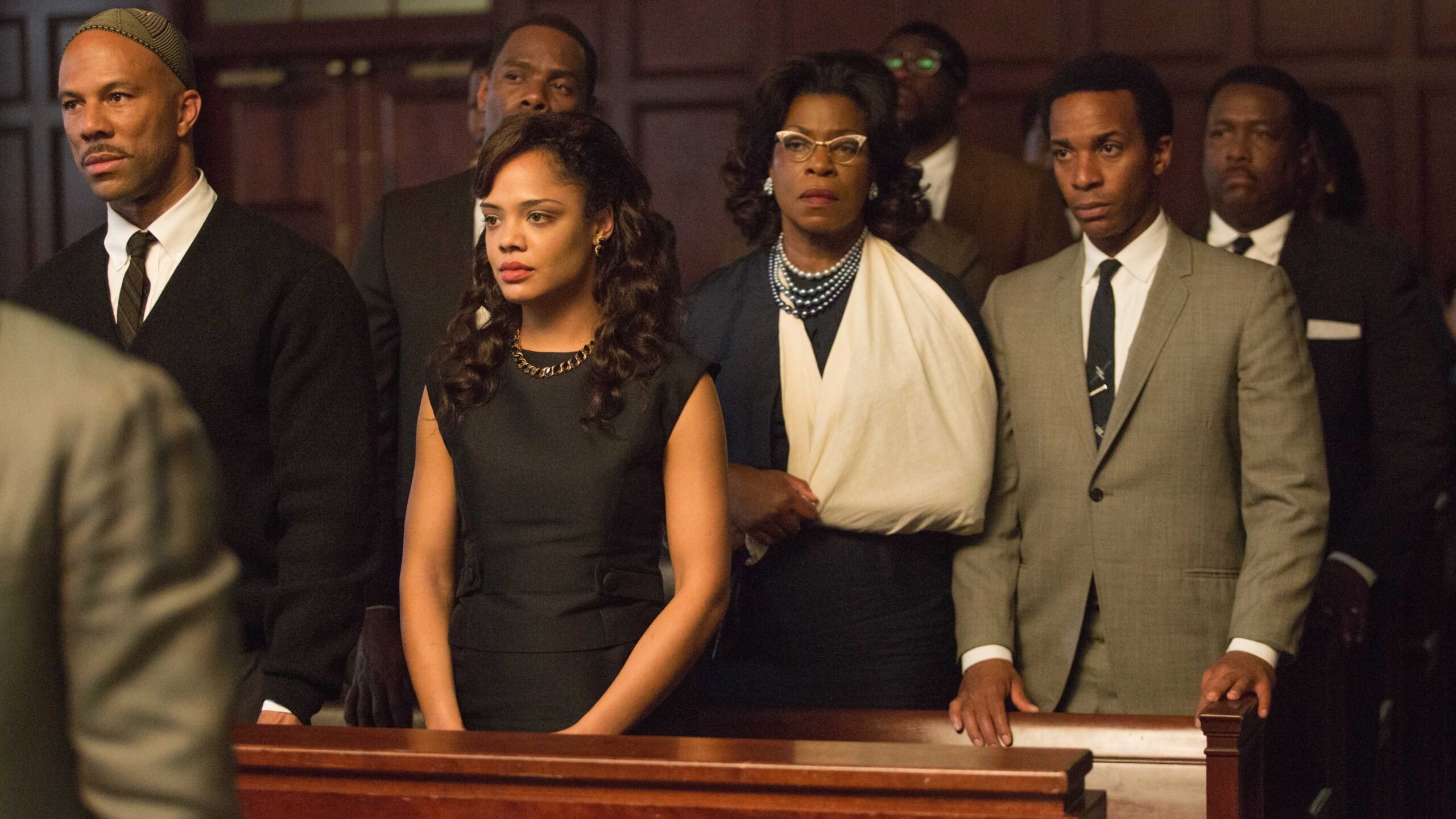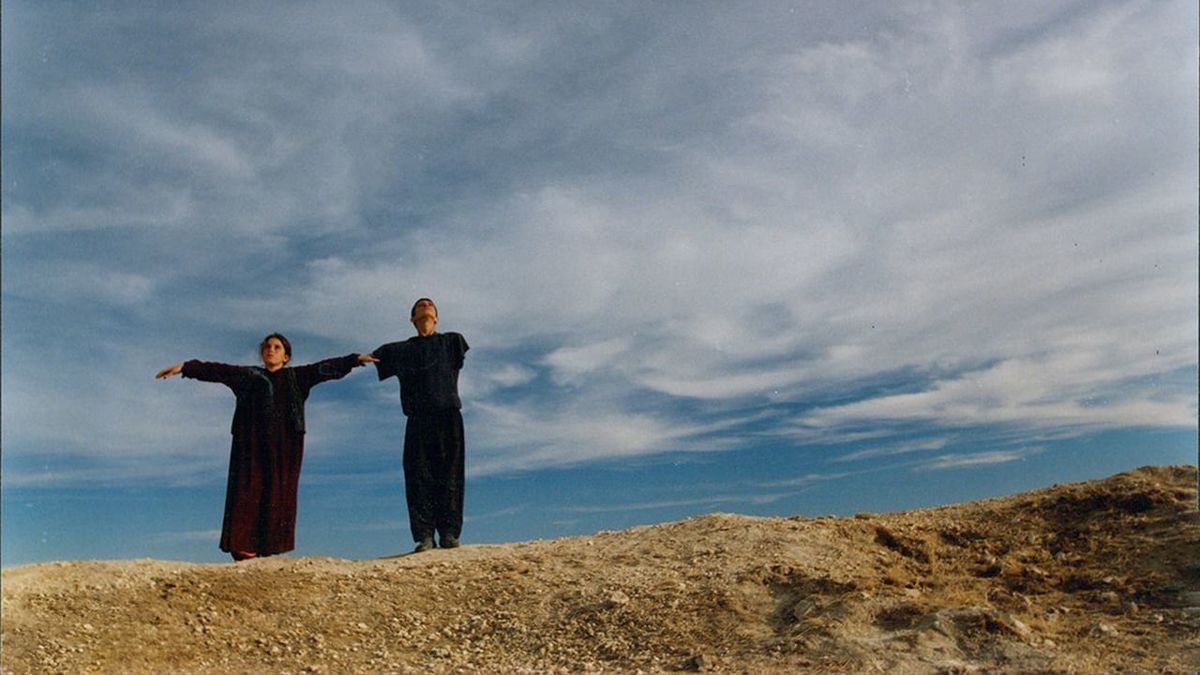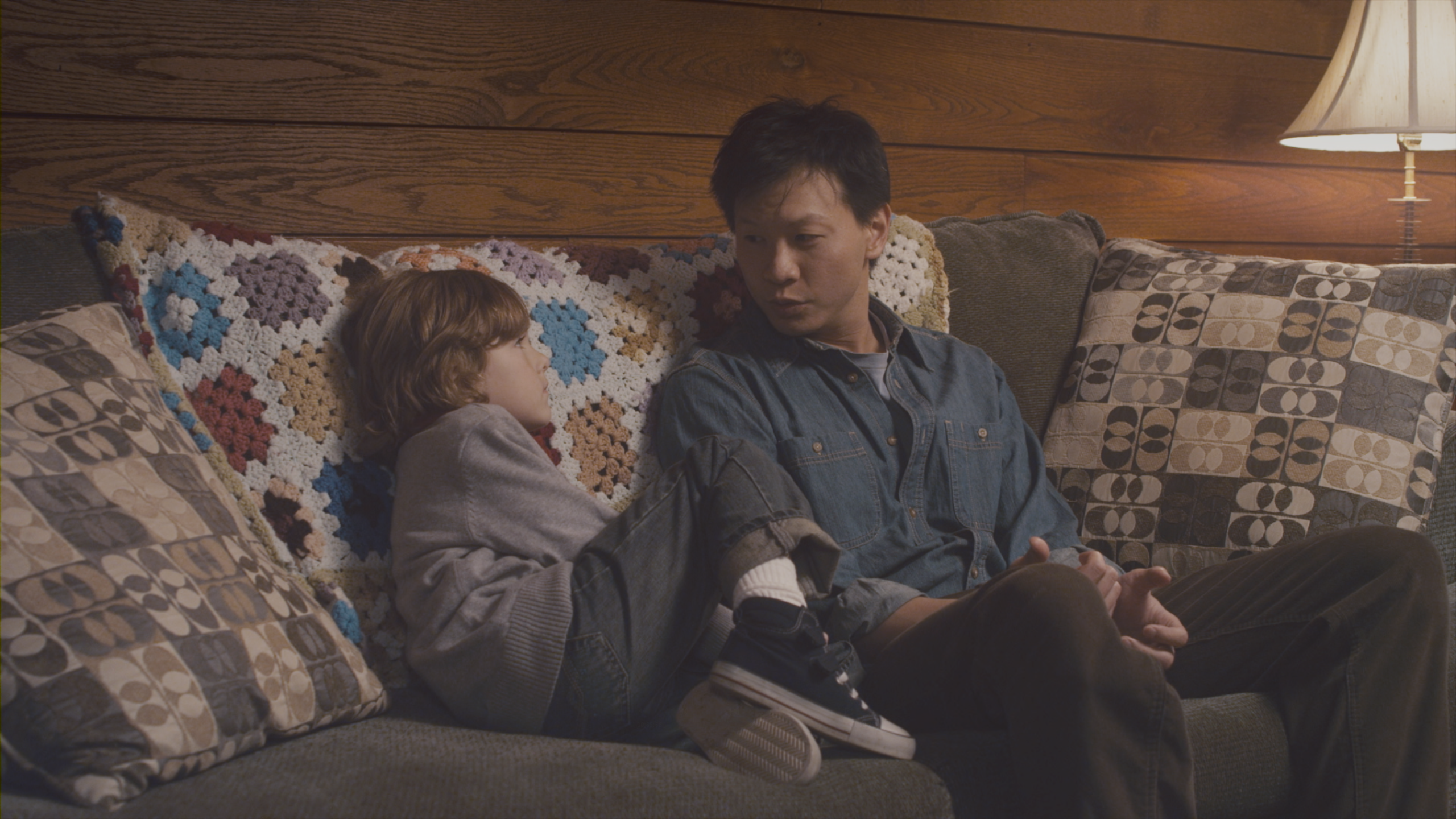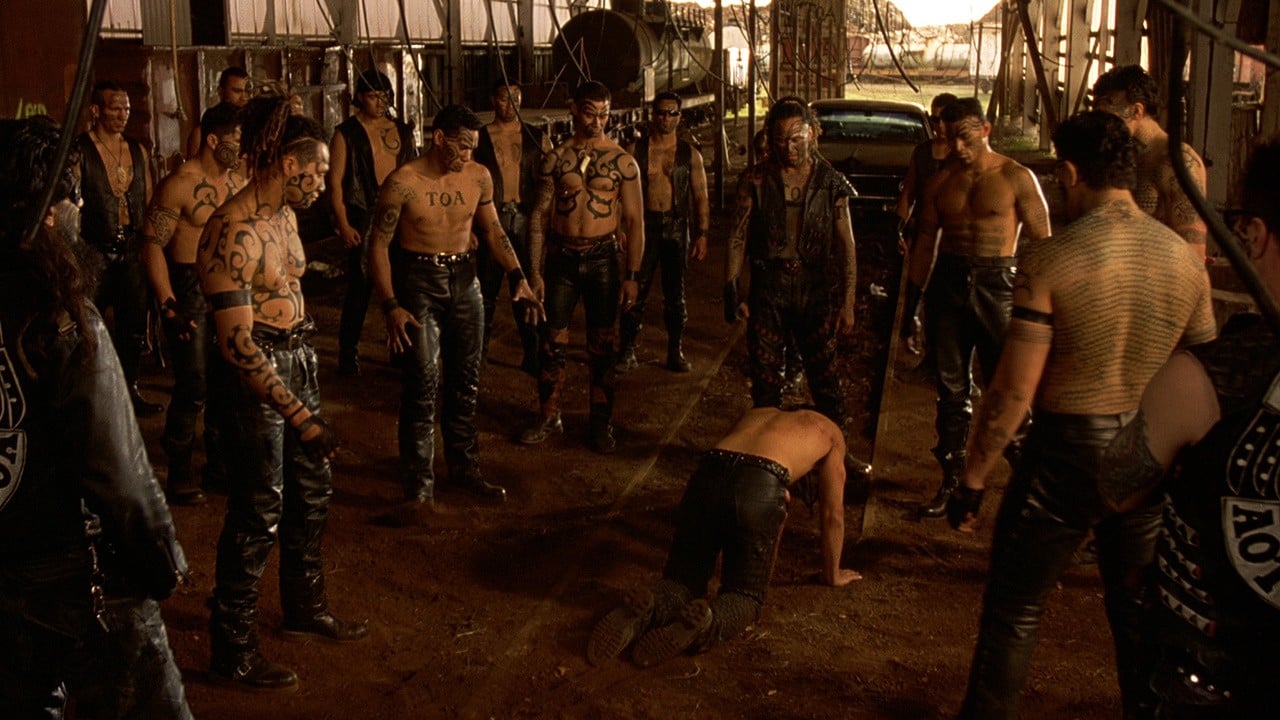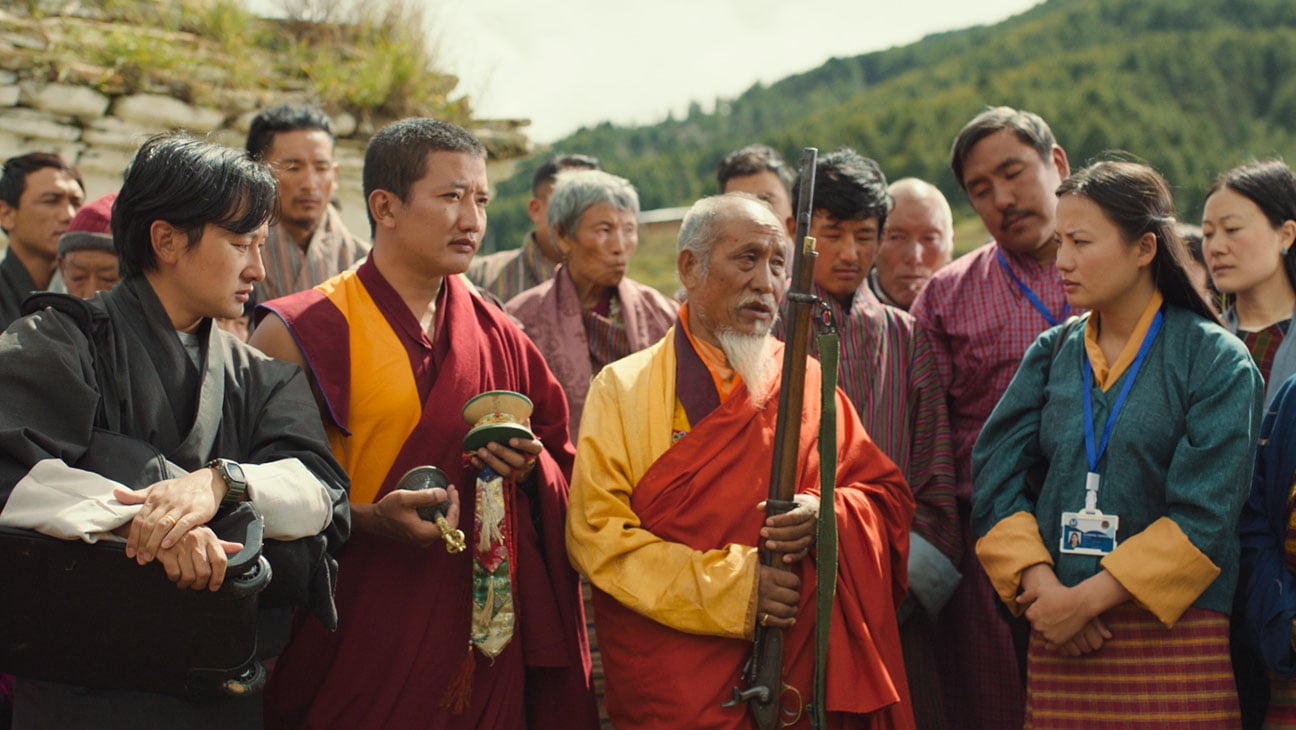
70 Best Woke Movies to Watch Right Now
April 8, 2025
Share:
Movies are no stranger to wokeness. Even before the term “woke” was adapted into mainstream use, cinema has had a long history of raising social awareness and rousing audiences into action. From the social class films of the ’50s to the blaxploitation craze of the ’70s to the plethora of BIPOC and LGBTQIA+ movies that dominate today’s screens, woke cinema has always been here, and it’s not going away anytime soon.
Below, we list the most piercing, compelling, and illuminating social justice movies you can stream right now.
Read also:
61. The Trial of the Chicago 7 (2020)
Genres
Director
Actors
From Aaron Sorkin, the creator of every liberal’s favorite 2000s political drama, The West Wing, The Social Network, and the master of the “walk and talk”, comes the dramatization of a sadly true American story from the mid-last century. In 1968, different groups from all over the country travelled to Chicago to protest the Vietnam War at the Democratic National Convention. The Chicago police greeted them in full riot gear, purposely attacking the peaceful protesters. Five months later, eight of them (charges against Black Panther leader Bobby Seale were dismissed) were arrested for inciting riot. As the title suggests, the film details the trials that followed, which highlight the still ongoing battles within American society and politics: racism, ineptness, corruption, complacency, you name it. On a lighter note, while you wouldn’t necessarily call this an ensemble cast, the number of unlikely familiar faces in this film is off the charts: Yahya Abdul-Mateen II, Sascha Baron Cohen, Joseph Gordon-Levitt, Eddie Redmayne. It also features some of the greatest supporting actors in American TV history like John Carrol Lynch, Frank Langella, and the amazing John Doman aka Bill Rawls from The Wire.
62. Fresh (1994)
Genres
Director
Actors
Moods
Filmed with a perfect blend of realism and embellished style, Fresh is a coming-of-age story set in the poverty of the New York City projects, wherein the protagonist “grows up” only by learning to become dangerous and losing his sense of self. There’s no satisfaction in watching 12-year-old Michael (or “Fresh,” as he’s called) use his supposed innocence as a tool to manipulate his way to a safer position. The system continues to reign supreme and Fresh only buries himself into a deeper hole. Boaz Yakin’s direction is direct and expressive, the city stirring to vibrant life in every scene, and the tremendous performances from Giancarlo Esposito and a then-teenage Sean Nelson drive home the tragedy with full force.
63. Die Beautiful (2016)
Genres
Director
Actors
Moods
It is hard to be unmoved by how Die Beautiful defies conventions and explores the essence of identity, acceptance, and resilience. Centered around the life of Trisha, a transgender woman with a passion for beauty pageants, the film takes us on a rollercoaster of emotions as we witness Trisha’s life unfold, both in joyous moments and in the face of painful degradation and assault. The film seamlessly weaves together humor, tenderness, and raw vulnerability, delivered stunningly by its lead, Paolo Ballesteros. With other films such as Kalel, 15 and Bwakaw under his belt, director Jun Lana continues to meld reality with hope, injecting kindness and heart into much-needed queer stories.
64. I Am Not a Witch (2017)
Genres
Director
Actors
Moods
Remarkably for a movie about women being shunned and exploited by those more powerful than them, I Am Not A Witch is often wryly funny. That’s because this satire about Zambia’s labor camps for “witches” is told with a matter-of-fact-ness that brings out both the heartbreak and absurdity of the film’s events. The bitter gravity of the predicament nine-year-old Shula (Maggie Mulubwa) finds herself in — she’s been accused of witchcraft on the back of some very flimsy evidence — is never glossed over, but neither is its farcicality. Appropriately for its subject, there are also touches of magical realism here, notes that elevate the film into something even more complex than a wry commentary on this morbidly fascinating form of misogyny. This hybrid tonal approach is executed with the kind of fluidity filmmakers might hope to one day master late on in their career — which makes the fact that this is director Rungano Nyoni’s debut all the more extraordinary.
Read also:
65. The Measure of a Man (2015)
Genres
Director
Actors
Moods
If you’ve ever seen a movie by kings of social realism Ken Loach or the Dardenne brothers, you’ll recognize the cinematic tradition The Measure of a Man is coming from, but if you haven’t, don’t fear. The filmmaking here isn’t complicated, academic, or laden with references — in fact, the opposite is true. Stylistically pared back, the intensely modern and human story at the movie’s center expands to fill the frame so we have nowhere else to look.
With a disabled son to provide for, middle-aged Thierry (Vincent Lindon) desperately searches for a job, undergoing several state-required indignities — such as practice interview sessions in which fellow jobseekers critique everything from his body language to his tone of voice — just for a shot at being able to pay his bills. So many scenes and conversations here are palpably laden with the anxieties of real life, both economic and personal. And yet, for all the dehumanization and desperation clouding its edges, Measure of a Man isn’t a hopeless movie. We’re reminded by happy scenes at home just how rich Thierry’s life is, unemployed or not — but it’s perhaps his moral compass, which begins to twitch when he takes a security job with an unscrupulous corporate employer, that’s most heartening of all.
66. The Monk and the Gun (2024)
Genres
Director
Actors
Moods
To plenty of countries around the globe, democracy has become so ubiquitous that we forget it’s relatively new, at least relative to the rest of human history. Bhutan is one of the last countries that became a democracy, and writer-director Pawo Choyning Dorji chose to depict a slice of how they made the shift in The Monk and the Gun. As Tashi sets out to obtain two weapons for his mentor, and Ron seeks a specific antique gun, Dorji presents slice-of-life moments of the beautiful Bhutan countryside, intercut with the subtle ways tradition still persists amidst modernity, and the funny ways change can clash with culture. It’s no wonder The Monk and the Gun was chosen as the Bhutanese entry for the Best International Feature at the 96th Academy Awards.
67. Selma (2014)
Genres
Director
Actors
Moods
The award-winning third feature by director Ava DuVernay, Selma, was released around the 50th anniversary of the historically significant marches (Selma to Montgomery) that aided the civil rights movement’s efforts to assure African-American citizens can exercise their constitutional right to vote, harassment-free. The film has been celebrated not only as an artwork, but also as a historiographically accurate one. While it features the role Martin Luther King Jr. played in the marches, it does not reduce the activists’ effort and struggle to make it come to fruition. With her uncompromising directorial approach, DuVernay crafts a thrilling period film that has all the markers of a well-done genre feature, but uses its mechanisms to tell an emotionally potent story about both the peaceful marches and the nation-wide outcry resulting from the violence they were met with.
68. Turtles Can Fly (2005)
Genres
Director
Actors
Moods
Regardless of where, when, and why war came to be, war inevitably makes children grow up faster than they ought to. Turtles Can Fly depicts one such boy, a thirteen year old refugee nicknamed Kak Satellite whose limited English and resourcefulness transformed him into a leader for the rest of the children as they scrounged for scraps, sweep for landmines, and set up satellites for news. It’s a harrowing experience. Writer-director Bahman Ghobadi depicts it in a grounded, real way, with the Kurdish cast directly re-enacting the same horrors that they’ve gone through the year before, and the same practical nonchalance that they cling to for survival. Regardless of how viewers feel about the Iraq invasion, or other wars with refugee crises, Turtles Can Fly simply asks viewers to see their faces.
69. In the Family (2011)
Genres
Director
Actors
Moods
Before gay marriage and gay adoption was legalized in America, people had plenty of hurdles to jump over when their same sex partner died. Partners weren’t guaranteed visits to their loved one, weren’t permitted to visit them at their last hours. They were the last to be informed and the last to be asked about their medical records, even though they would be the best source of knowledge after living together. Same sex parents weren’t guaranteed custody of their partner’s children. In The Family may depict these previous experiences in a dry, straightforward way for nearly three hours, but it’s a needed, respectful approach, with the lived-in knowledge of the quiet cruelties that was enforced just a decade ago.
70. Once Were Warriors (1994)
Genres
Director
Actors
Moods
Many people would rather see happy, positive depictions of people like them, but sometimes, it’s important to see the sides that we don’t really like to see, but should have some awareness of, in order to address them. It’s because of this director Lee Tamahori initially thought that adapting the Maori novel Once Were Warriors would end up as a flop– the novel depicts the worst sides of modern Maori people, as disenfranchisement pushed many to poverty, alcoholism, and abuse. However, Tamahori ended up crafting a fierce, intense debut by focusing on Beth Heke and her children– granting more screentime to their healing rather than their suffering. Once Were Warriors isn’t an easy watch. Tamahori makes the alienation, the rage, and the hardship feel palpable. But he mostly reminds people to return to their roots, returning to one’s culture to truly heal as a society, and this is why Once Were Warriors proved to be one of the best films ever made from New Zealand.
Comments
Add a comment
Ready to cut the cord?
Here are the 12 cheapest Live TV streaming services for cord-cutting.
More lists
Lists on how to save money by cutting the cord.
Curated by humans, not algorithms.
© 2025 A Good Movie to Watch. Altona Studio, LLC, all rights reserved.
